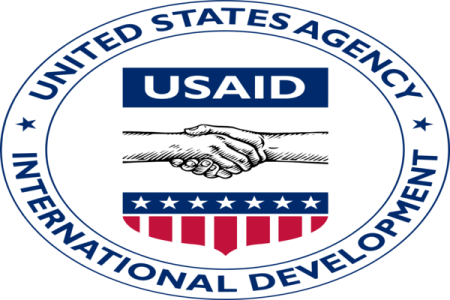
Nigeria’s trade with the U.S. faces challenges due to Trump’s tariffs, affecting key imports like vehicles, fuel, and medical products. These tariffs may raise prices, exacerbating inflation, especially in transport. However, Nigeria’s growing refining capacity, especially the Dangote Refinery, could mitigate some of the impacts on fuel prices.
The trade relationship between Nigeria and the U.S. faces new challenges as President Donald Trump’s tariffs impact key imports, potentially raising prices on products like motor vehicles, petroleum, and alcohol. Effective February 4, 2025, 25% tariffs will apply to goods from Canada and Mexico, while a 10% tariff affects Chinese products.
Nigeria's trade with the U.S. has been steadily increasing, reaching $9.1 billion in 2024. Key imports from the U.S. include gas oil, used vehicles, and medical products. A significant concern is the rising cost of used cars, particularly “Tokunbo” vehicles, which could drive up transportation costs and overall inflation. Additionally, increases in the price of petroleum-based products like fuel and lubricants will exacerbate inflation, especially in the transport sector.
However, the growing local refining capacity, notably the Dangote Refinery, could help cushion the blow, as it aims to reduce Nigeria’s reliance on fuel imports. As a result, the tariffs could influence Nigeria’s inflation outlook and trade balance, with potential benefits from increased domestic oil production mitigating some of the negative effects.




